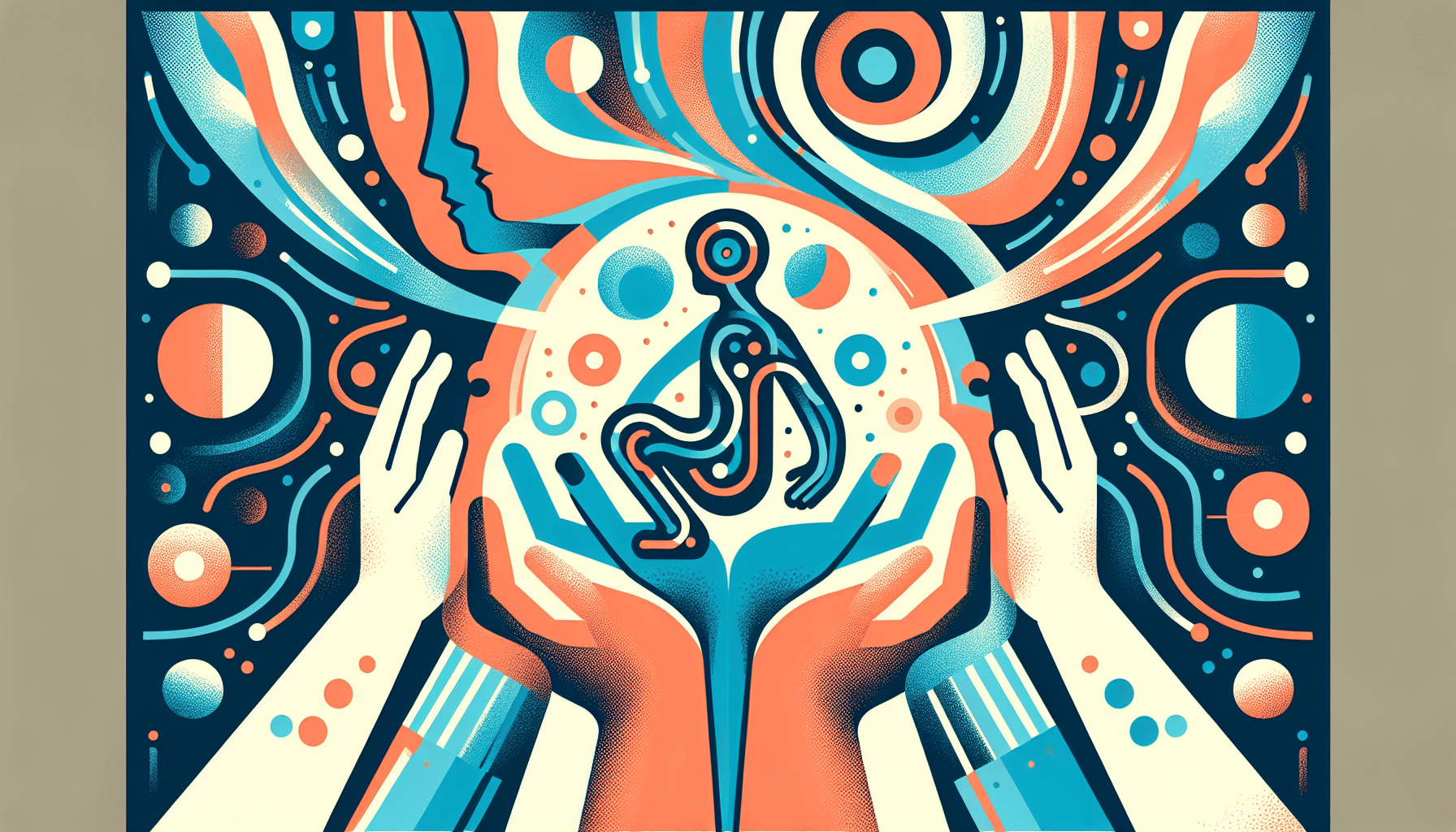Trisomy 13, also known as Patau syndrome, is a rare genetic condition that occurs when a baby has an extra 13th chromosome. This extra genetic material disrupts the baby's normal development, leading to serious physical and mental challenges. Trisomy 13 affects about 1 in every 10,000 to 20,000 newborns.
Causes of Trisomy 13
Trisomy 13 happens when cells don't divide properly during fetal development. The extra chromosome can come from either the egg or the sperm, and scientists believe this occurs by chance. While the risk increases for parents over 35, trisomy 13 can affect a pregnancy at any age.
There are three types of trisomy 13:
Full trisomy 13: The extra chromosome is present in all cells.
Mosaic trisomy 13: The extra chromosome is present in some cells.
Partial trisomy 13: The baby inherits only part of the extra chromosome.
Symptoms of Trisomy 13
Babies born with trisomy 13 often have a low birth weight and brain structure problems that affect facial development. About 80% of these babies have heart problems, and cleft lip or palate is common. Other physical symptoms may include:
Closely set eyes
Underdeveloped nose or nostrils
Clenched hands
Small eyes, head, or lower jaw
Low-set ears
Extra toes or fingers
Low muscle tone
Missing skin on the scalp
Hernias
Abnormalities in the eye, palm creases, skeleton, or genitals
Diagnosing Trisomy 13
Doctors may suspect trisomy 13 during routine first-trimester ultrasounds if they notice physical signs. Screening tests like cell-free DNA screening (NIPT) or PAPP-A can indicate an increased likelihood of trisomy 13, but a definitive diagnosis requires a karyotype test such as chorionic villus sampling (CVS) or amniocentesis.
Treatment and Support for Trisomy 13
There is no cure for trisomy 13, but treatment can help manage symptoms and provide comfort. This may include medications, therapy, surgery, and educational support. The severity of the condition often influences treatment decisions.
Families affected by trisomy 13 can find support through organizations like SOFT, Hope for Trisomy, and UNIQUE. These groups offer information, resources, and opportunities to connect with others who understand the challenges of this rare condition.
Prognosis and Life Expectancy
The prognosis for babies with trisomy 13 is generally poor. More than 80% do not survive past their first month, and only 5-10% live beyond one year. However, with advances in care, some children with trisomy 13 are living longer. Support from medical professionals and connecting with other families can help navigate this difficult journey.
The Bottom Line
Receiving a Patau syndrome diagnosis is devastating for families, and decisions about care should be made with comprehensive support from genetic counselors, neonatologists, and palliative care specialists. Doctronic can help connect you with resources and support during this difficult time.


